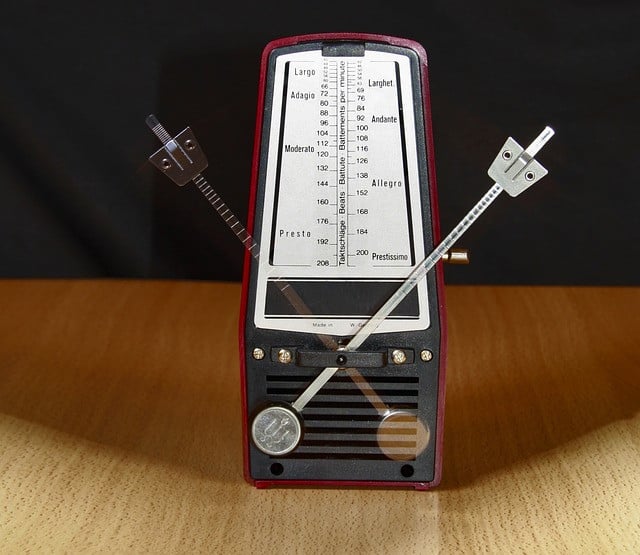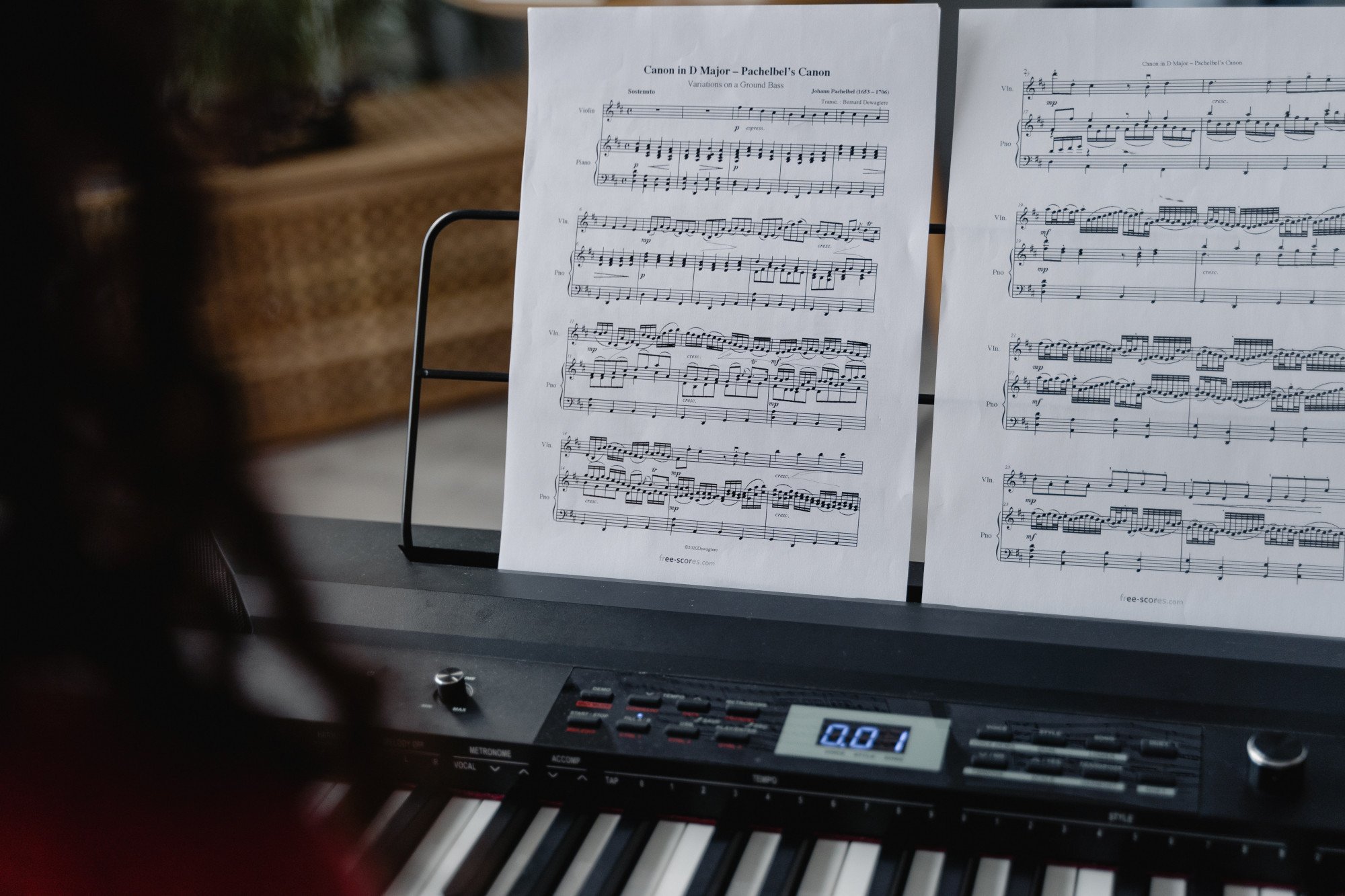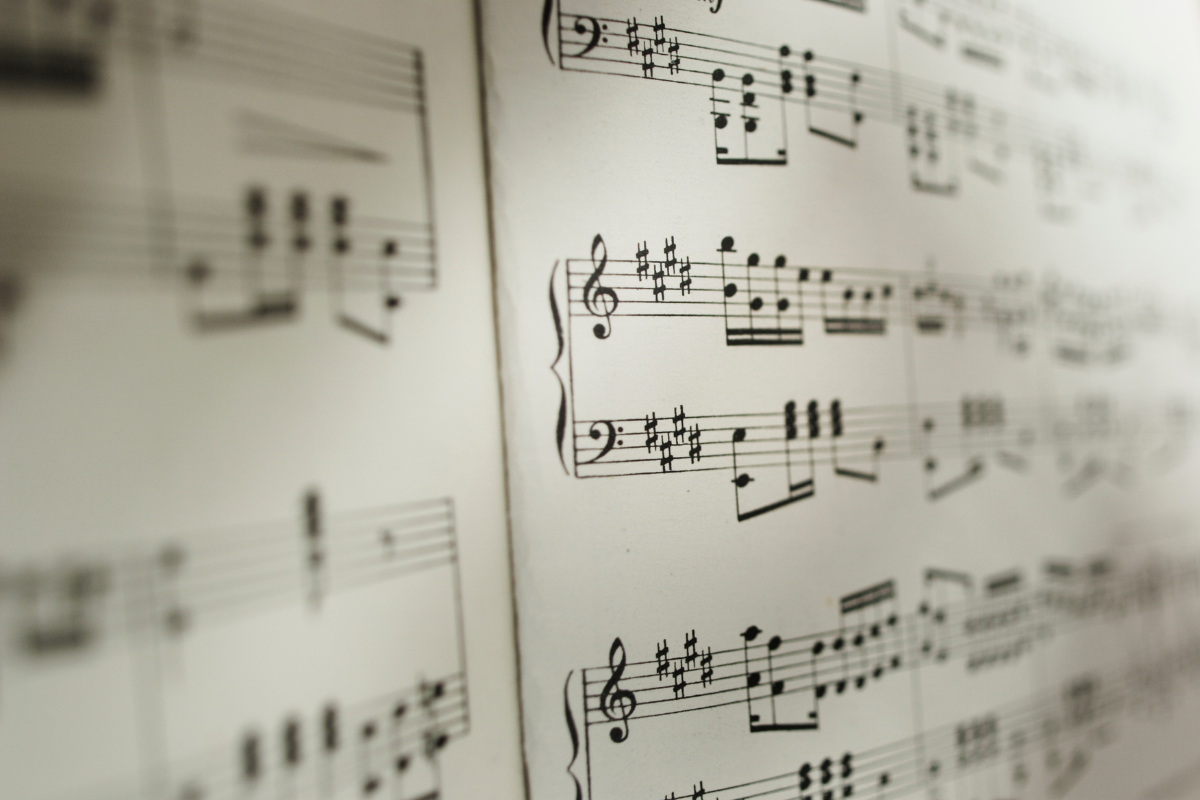Music Theory Guide
Music theory provides a universal language for musicians. Imagine a world where every musician played by ear without a common set of rules; chaos would ensue. Music theory establishes a shared vocabulary, allowing musicians to communicate seamlessly across genres and cultures. It's like having a passport to the diverse landscapes of musical expression. Ever felt the rush of emotion from a piece of music and wondered, "How did they do that?" Music theory demystifies the magic, offering a roadmap to dissect and understand the elements that stir our souls. From chord progressions to key changes, music theory empowers you to not only appreciate but also create those heart-stirring moments.
Moreover, music theory enhances your listening experience. It unveils the intricate relationships between notes and rhythms, helping you grasp the genius behind your favorite tunes. Suddenly, you'll find yourself actively engaging with music on a deeper level, discovering hidden nuances with each listen. Music theory isn't a set of rigid rules; it's a treasure trove of possibilities waiting to be explored.
Take a look at the articles below and discover the world of music theory.


























